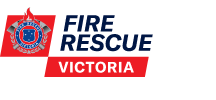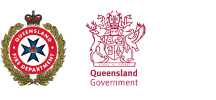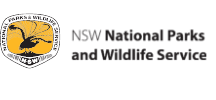
This project will improve our understanding of the causes of, and contributing factors to, cultural conflict and load for First Nations staff and volunteers within Natural Hazards Research Australia partner organisations (i.e. emergency management and disaster resilience organisations), particularly the causes that are industry-specific.





